The European Bank for Reconstruction and Development (EBRD) has opened its doors to Nigeria, Ivory Coast, and Benin, officially approving them as new member countries eligible for investment, a landmark move in the institution’s first major expansion into Sub-Saharan Africa.
The announcement, made on Thursday following a formal vote by the bank’s board during its annual meeting, marks a turning point in the EBRD’s global strategy.
According to Reuters, this decision grants the three West African nations access to millions of euros in potential funding, unlocking fresh avenues for development and private sector support across the region.
“The EBRD will leverage its financial resources and expertise to boost the countries’ economies and provide new opportunities to their people, complementing the work of existing development partners,” said EBRD President Odile Renaud-Basso.
With this approval, Nigeria, Ivory Coast, and Benin join a growing list of countries poised to benefit from the EBRD’s financial instruments, policy expertise, and focus on sustainable development.
Investments in the newly approved countries will begin once an amendment to the bank’s founding treaty takes effect in July.
Founded in 1991 to aid the economic reconstruction of post-Cold War Eastern Europe, the EBRD has gradually expanded its reach to the Middle East, North Africa, and Mongolia.
Over the years, it has invested more than €200 billion (approximately $223.72 billion), playing a central role in advancing private sector growth and economic reform across its regions of operation.
Owned by 72 countries and institutions, including the European Union and the European Investment Bank, the EBRD backs both public and private projects that promote inclusive, sustainable development.
Its core focus spans infrastructure, energy, financial systems, and green innovation.
Looking ahead to its work in West Africa, President Renaud-Basso confirmed the bank’s strategic priorities: “The bank’s priorities in its new African operations will include supporting the green transition, strengthening economic governance, and fostering human resilience through greater equality of opportunity.”
While Nigeria, Ivory Coast, and Benin are now on track to receive funding, other African countries including Kenya, Ghana, and Senegal are also under consideration for membership, though they must still meet specific pre-accession requirements before becoming eligible.
With this move, the EBRD signals not just an expansion of its map, but a deeper commitment to Africa’s economic future.



